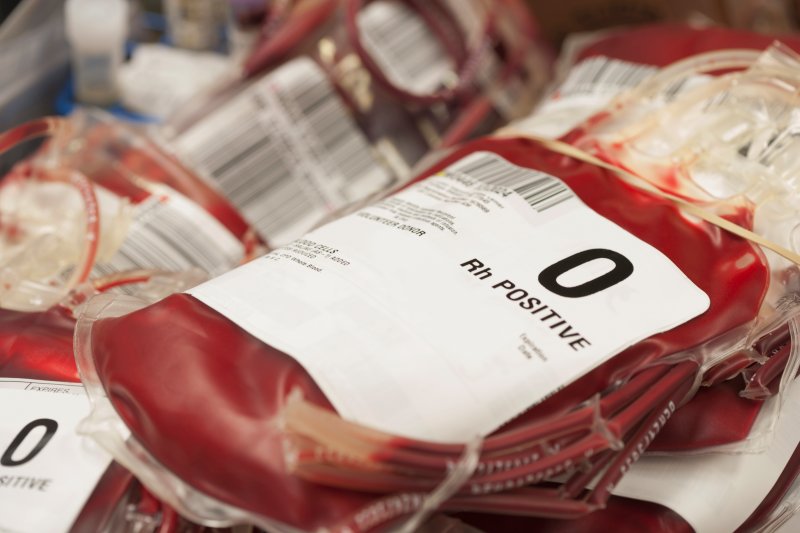
(Alice Park/ Time) — In the largest study to date looking at the antibodies produced by people who have recovered from COVID-19, researchers uncovered a few surprises that could have implications for not only how useful antibody-based treatments might be, but also what the results from an individual’s antibody test actually means.
Right now, most people that get antibody tests want to learn if they have been infected with COVID-19 or not, since so many experience mild, or no symptoms of the illness. But that information could in theory be used to answer questions well beyond personal curiosity. For public health experts, these results are important for getting an idea of how deeply COVID-19 penetrated specific communities, and how widespread the infection was—and, how rampant it could potentially become again. The more people who get tested, the more accurate such prevalence data can be. But there are other, equally critical ways that antibody testing could help to monitor and ultimately control the pandemic in coming months.
In the study published in medRxiv, a preprint server for posting studies before they are peer-reviewed, a team at the Lindsley F. Kimball Research Institute of the New York Blood Center and Rockefeller University analyzed 370 plasma samples donated from people who recovered from COVID-19 and found some surprising results. (…)